Entry of the Gladiators (1897)
Julius Fučík (1872 – 1916)
SATB Saxophone Quartet
Entry of the Gladiators or “Thunder and Blazes” by Julius Fucik, arranged for SATB Saxophone Quartet. This military march was composed in 1897 by the Czech composer Julius Fučík. Although he wrote more than 400 other pieces, Entry of the Gladiators is his most played work. As most of his music was written for military bands, he is sometimes known as the “Bohemian Sousa”. The march ls also known as ‘Thunder and Blazes’, it is famous the world over as a circus march “screamer”.
This version of Thunder and Blazes gives each player a turn in the spotlight The tenor and bari sax parts are especially fun to play. This arrangement is arranged for SATB saxophone quartet and transposed to the key of B flat.
- The range for each saxophone part is shown below.
- Audio and score excerpts are available above.
- Registered users can download a complete sample score and full length audio file of Entry of the Gladiators on the ‘Samples’ tab.

About The Composer
Julius Fučik was a Czech military bandmaster, bassoonist and composer. His name is not well-known to the general public but his music is recognized by everyone. It is no understatement that nearly everybody recognizes the Entry of the Gladiators March as “THE” quintessential circus music. Fučik was born in 1872 in Prague. From 1885-1891 Fučik studied violin, bassoon and composition at the Prague Conservatory with Dvořák and others. Fučik’s body of work is comprised of more than 400 pieces, including chamber music, operettas, church music, songs, marches, polkas and waltzes. His marches – more than 100 – are what made his fame. He is on par with John Philip Sousa in America and Johan Strauss II in Austria. His marches, considered patriotic, are still played in the Cezch Republic. Despite the fact that he wrote a tremendous number of works, Fučik’s modern reputation rests on just two pieces, Entry of the Gladiators (1899) and the Florentiner March (1907). Though many of his approximately 400 works have been forgotten or lost, Fučik’s colorful marches live on and are enjoyed worldwide by bands and audiences.

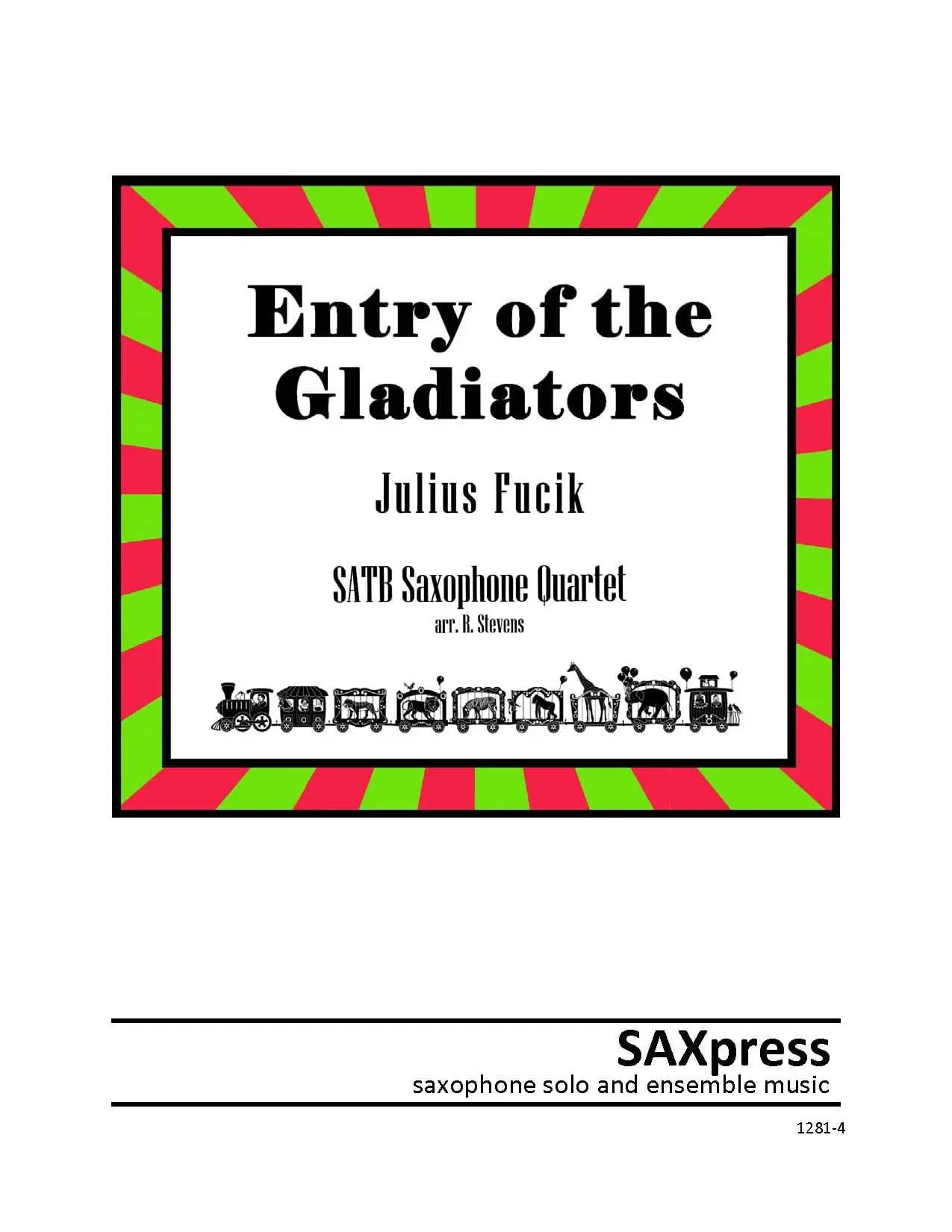
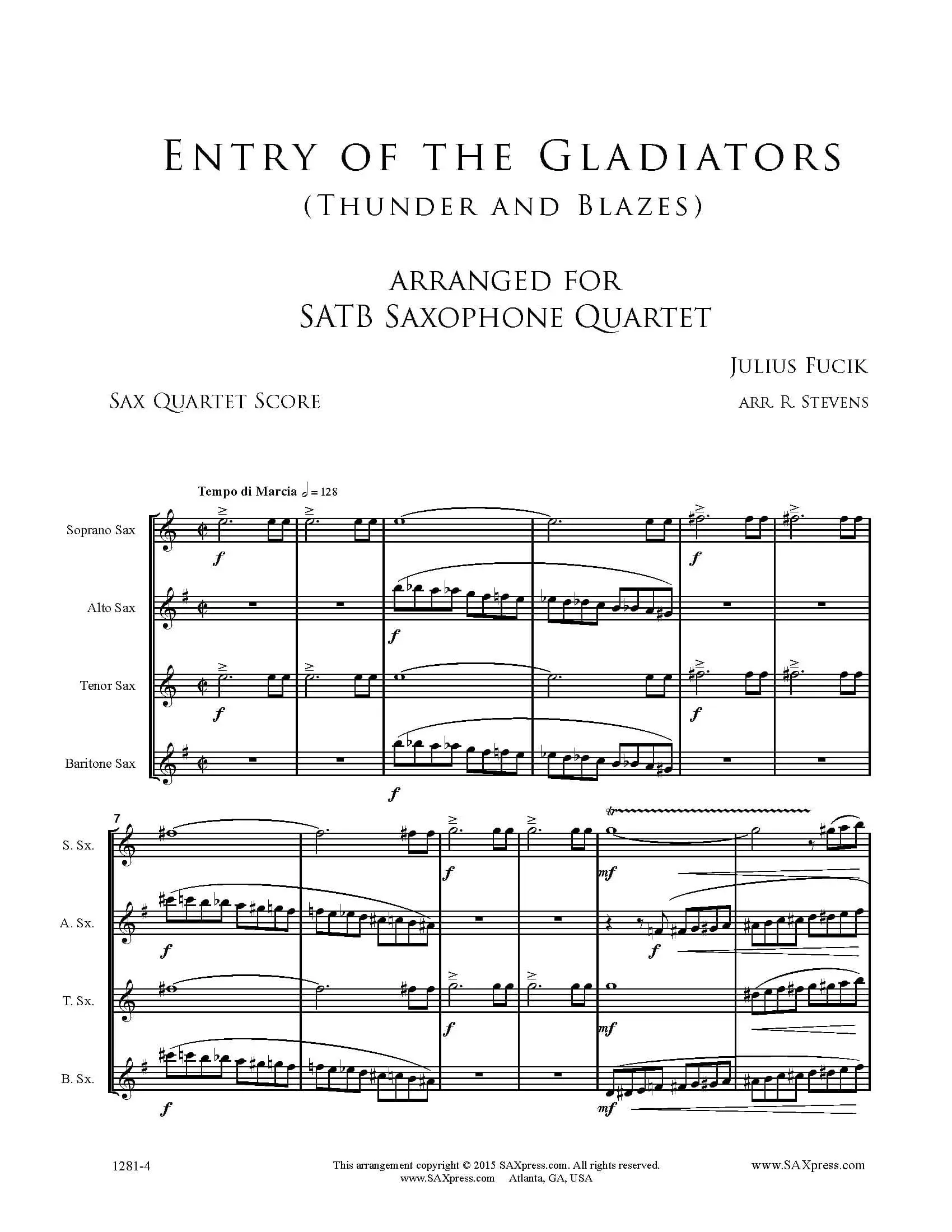
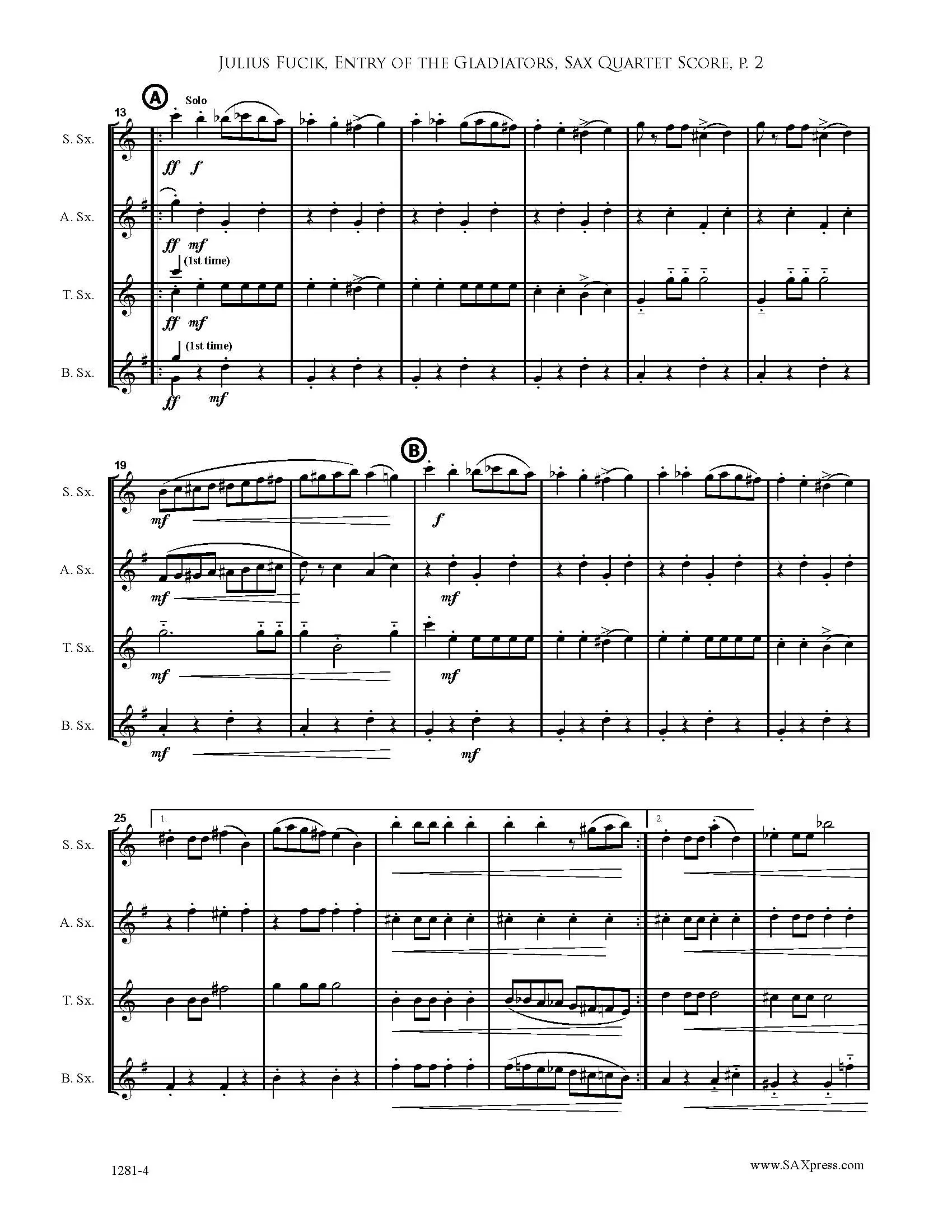
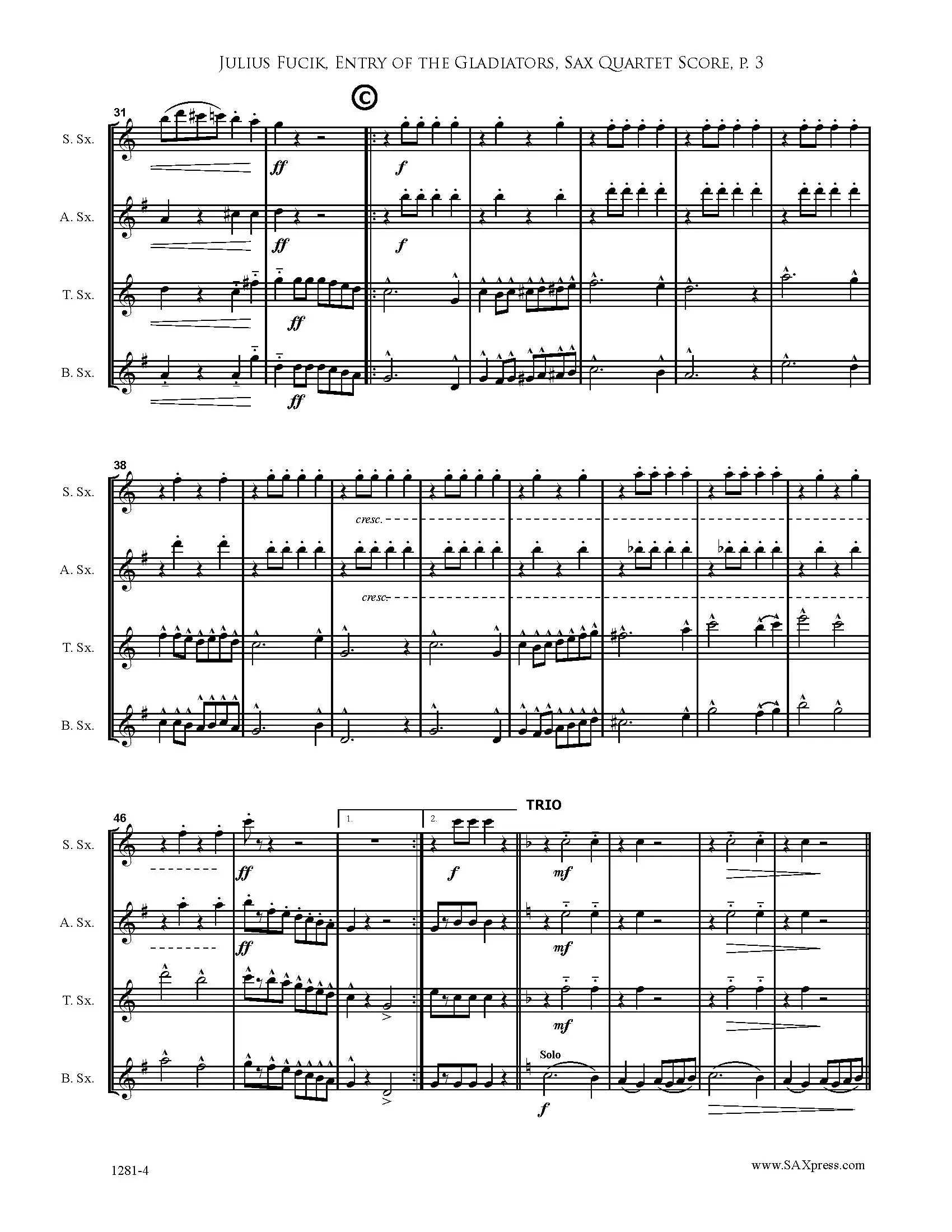

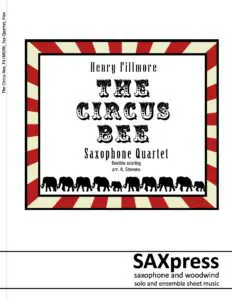
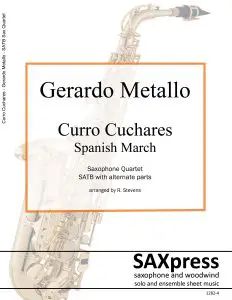
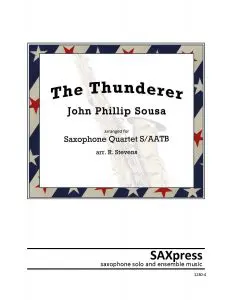
Reviews
There are no reviews yet.